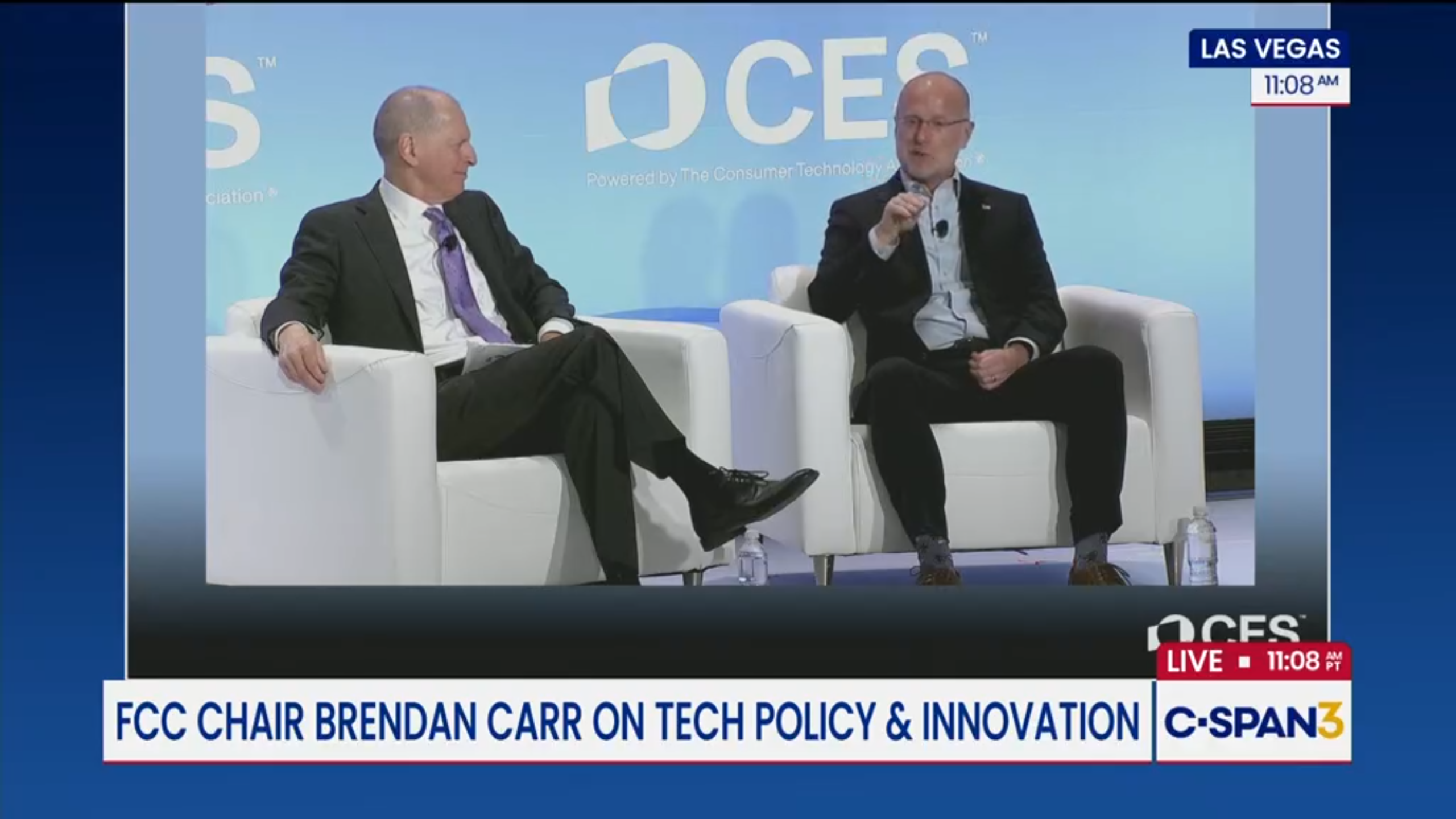Broadcasters Help Rescue Cable From A La Carte
So much for buying cable channels a la carte.
The FCC delivered its report on a la carte cable-channel pricing this week to legislators, who were otherwise occupied with extending the nation's credit limit in time for the Christmas shopping season. The din of voices decrying a la carte as an expensive, un-American endeavor won out over the handful who said they would rather buy their channels one at a time.
A study undertaken by the FCC Media Bureau concluded that a la carte pricing would be more costly to more Americans than the current tiered pricing scheme. Only subscribers who buy fewer than nine channels would save money on their cable bill, the resulting report said. Those buying nine or more channels would pay more.
"The average cable household watches approximately 17 channels, including broadcast stations. If the average household purchased each of these channels under an a la carte regime, it would likely face a monthly rate increase under a la carte sales of between 14 percent and 30 percent," said the release accompanying the study.
The report was initiated last May at the behest of legislators trying to figure out why cable rates had increased at as much as three times the rate of inflation since 1996. In hearings on Capitol Hill, cable operators said it was the fault of those pesky broadcasters, who use retransmission consent like a crowbar to get carriage for marginal cable nets in the vein of "Sports Rerun TV." The cable executives also blamed must-carry for escalating rates, but apparently did so by arguing that they are forced to provide consumers with channels that said consumers do not want.
Seizing on the notion of consumers paying for channels they don't want, lawmakers initiated the a la carte inquiry and thus ignited a fusillade of back-skedaddling among cable operators whose very excuse for raising rates is having more channels stuffed into various tiers.
The FCC's a la carte public notice sought comment on how cable and other multichannel carriers buy programming, how those deals affect small networks and rural markets, and whether or not retrans consent and must-carry are the root of all evil.
Cable operators and programming executives, who are traditionally at odds, wallpapered the FCC with filings and studies about how a la carte would destroy content diversity and make cable TV even more expensive, (an assertion supported by a report from the GAO.)
However, it was a group of broadcasters--those very folks whom cable operators blamed for rising rates--that generated the most prolific opposition to a la carte. Religious broadcasters filed comments that said a la carte was antithetical to must-carry, and would therefore ruin smaller networks.
"Because MVPD's are required to carry all local broadcast stations on their basic cable service, allowing them to offer a la carte service without regard to their basic their would permit them to circumvent their mandatory carriage obligations," said a July filing from the Faith and Family Broadcasting Coalition.
A la carte objections were also filed by several apparent viewers of religious channels, such as Christine Parker of Petroskey, Mich., who wrote:
"Instead of going after limiting religous programming (sic) I suggest you try to control the 'Janet Jacksons' of the airways. That will keep you plenty busy."
The dynamics of carriage deals have evolved since the rise of cable TV in the '70s. Early operators were so desperate for content that they were happy to carry Australian-rules Football beamed out of a mud lot somewhere in Connecticut. Later, as millions of homes traded rooftop antennas for set-tops, cable carriage executives became sovereign in the industry. Then, faced with the prospect of digital broadcasting, cable operators built-out systems to twice and three times their bandwidth capacity. The buildouts coincided with massive mergers among content companies anxious to generate a little revenue out of their archives.
Content providers reclaimed their sovereignty and demonstrated as much in May 2000, when Time Warner dropped ABC in several major markets during sweeps. Time Warner put up a billboard where ABC should have been and told viewers the network's parent company, Disney, refused to work out a carriage deal with Time Warner, which was therefore legally obliged to drop the network. The sticking point came down to the Disney Channel, for which subscribers paid cable operators around $4 per month. Disney wanted the channel moved to Time Warner's basic tier--a move that would cut into Time Warner revenue to the tune of tens of millions of dollars.
After an excoriation from the FCC and from hizzona the Mayor of New York, Rudy Giuliani, Time Warner put ABC back on the air, and Disney Channel quietly migrated to the basic tier.
The professional video industry's #1 source for news, trends and product and tech information. Sign up below.
